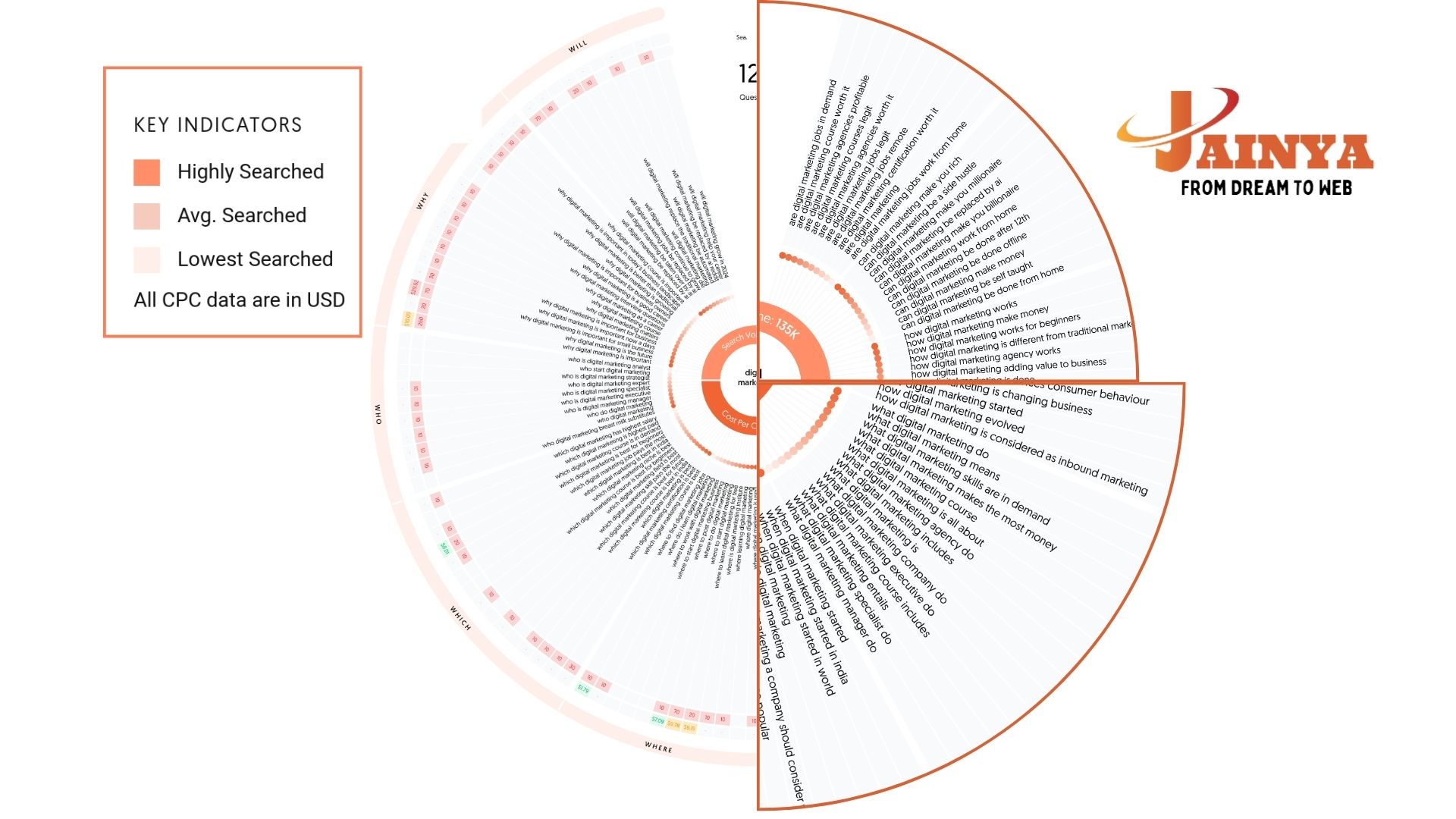Discover why keyword research is vital for creating a successful digital marketing strategy. Learn how it connects you with your audience and boosts visibility.

If you’ve ever wondered, “Why is keyword research vital for creating a successful digital marketing strategy?”—you’re in the right place! Let’s break it down in a way that’s clear, light-hearted, and easy to follow. You’ll see just how much power a few well-chosen words can hold for your business’s online success.
| Section | Key Point | How It Helps Your Digital Marketing Strategy |
|---|---|---|
| Unlocking Audience Needs and Intent | Keyword research reveals what your audience is searching for and why. | Lets you tailor content and campaigns to real user intent and needs. |
| Driving Targeted Traffic & Visibility | Optimizing for relevant keywords attracts interested visitors and boosts search rankings. | Brings in high-quality traffic and makes your business easier to find. |
| Shaping Content Strategy & Competitive Edge | Research shows trending topics, audience questions, and competitor gaps. | Guides content creation and helps you stand out in your niche. |
| Maximizing ROI and Adapting to Change | Focusing on the right keywords improves budget use and adapts to new trends. | Increases return on investment and keeps your strategy current. |
| The Strategic Backbone | Keyword research connects you with your audience and supports all digital marketing efforts. | Sets you up for sustainable growth and long-term online success. |
Unlocking Audience Needs and Intent
You can’t reach your target audience if you don’t speak their language. Keyword research is like having a cheat sheet to what your customers are actually searching for online. By digging into the exact words and phrases people type into search engines, you get a direct window into their needs, interests, and problems. Instead of guessing what your audience wants, you use real data to guide your content and campaigns. This means you’re not just creating content for the sake of it—you’re offering solutions and answers that people are actively looking for.
When you know what your audience is searching for, you can tailor your website, ads, and blog posts to match their intent. Maybe they want to buy, maybe they’re looking for information, or maybe they just want to compare options. By understanding these motivations, you make your marketing more relevant and appealing. In the end, keyword research helps you create a digital marketing strategy that’s not just about being seen, but about being seen by the right people at the right time.
Driving Targeted Traffic and Boosting Visibility
Let’s face it: there’s a lot of noise online. If you want your business to stand out, you need to attract visitors who are genuinely interested in what you offer. That’s where keyword research comes in. By optimizing your website and content for relevant keywords, you ensure that your business pops up when potential customers are searching for products or services like yours.
This targeted approach means you’re not just getting random clicks—you’re getting visitors who are more likely to engage, stick around, and convert into customers. Search engines love relevant content, too. When you use the right keywords, you help search engines understand what your site is about, which can boost your rankings and make it easier for people to find you. In fact, about 75% of internet users never scroll past the first page of search results, so getting your keywords right is crucial for visibility3.
But it’s not just about attracting more visitors—it’s about attracting the right ones. When your content matches what people are searching for, you’ll see higher engagement, lower bounce rates, and better conversion rates. That’s the magic of targeted traffic!
Shaping Content Strategy and Gaining a Competitive Edge
Ever feel stuck on what to write about next? Keyword research is your roadmap. It tells you which topics are trending, which questions people are asking, and where there might be gaps in your competitors’ strategies. By focusing on keywords that matter to your audience, you can create articles, videos, and landing pages that not only attract visitors but also keep them coming back for more.
This insight is especially valuable when you want to stay ahead of the competition. By analyzing which keywords your competitors are ranking for, you can spot opportunities they might be missing and carve out your own niche. Maybe there’s a long-tail keyword with less competition but high intent—jump on it! This approach helps you capture market share and establish your business as an authority in your field.
Keyword research also helps you adapt to changing trends and market demands. As new topics emerge and customer interests shift, you can update your content strategy to stay relevant and maintain your competitive edge.
Maximizing ROI and Adapting to Change
Every dollar counts in digital marketing. By focusing on keywords with the right balance of search volume and competition, you make the most of your marketing budget. Instead of spreading your efforts too thin, you target the terms most likely to deliver results. This means higher returns on investment, more qualified leads, and better use of your resources.
Keyword research isn’t a one-and-done deal—it’s an ongoing process. As you monitor trends, analyze performance, and learn from your audience, you can refine your strategy and keep improving your results. This adaptability is key to long-term success in the fast-moving world of digital marketing.
In Summary: The Strategic Backbone of Digital Marketing
So, why is keyword research vital for creating a successful digital marketing strategy? It’s simple: it connects you with your audience, drives targeted traffic, shapes your content, gives you a competitive edge, and maximizes your ROI. By understanding what people are searching for and aligning your efforts accordingly, you set your business up for sustainable growth and online success.
If you want your digital marketing to work smarter—not harder—make keyword research your top priority. You’ll be amazed at the difference it makes!

Leave a Comment